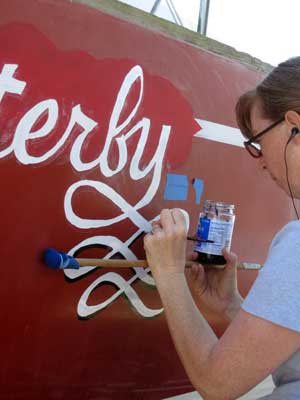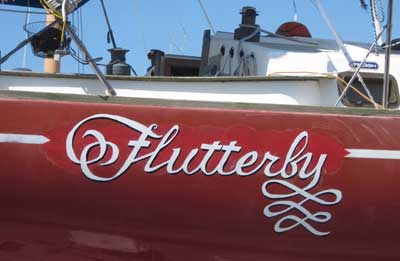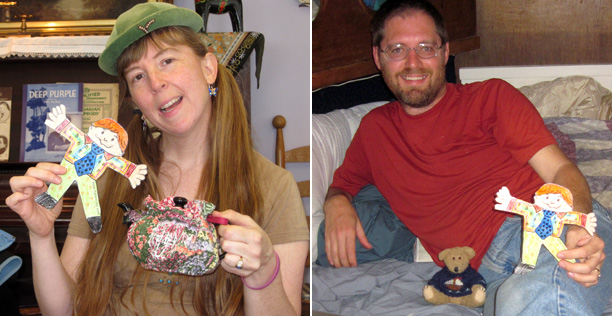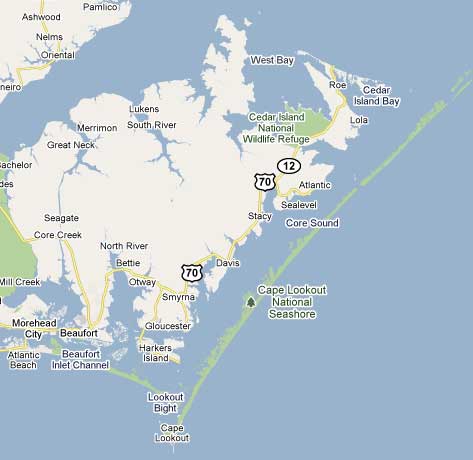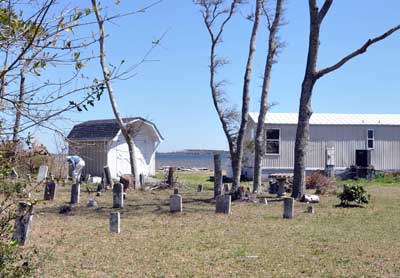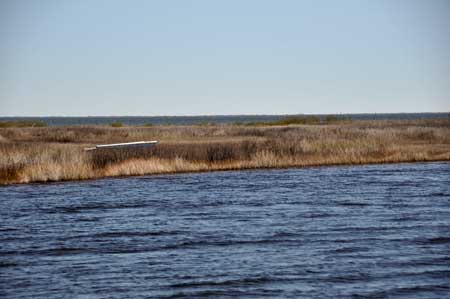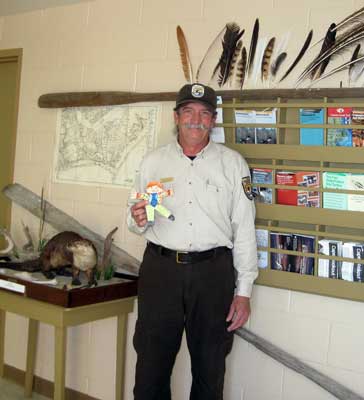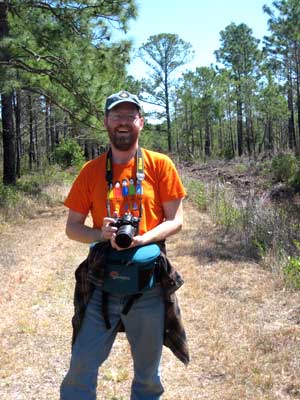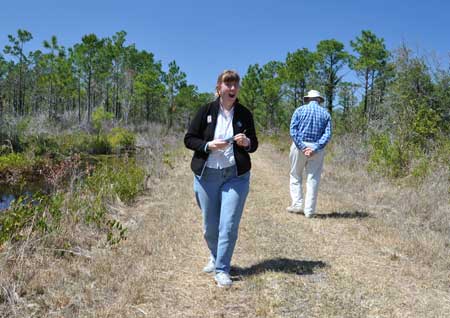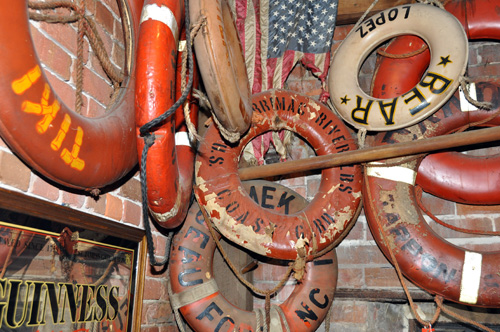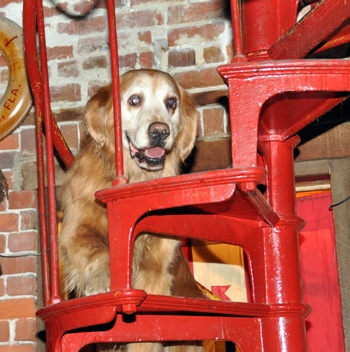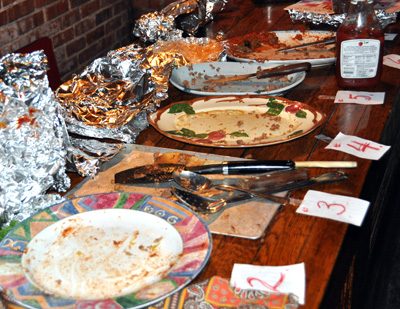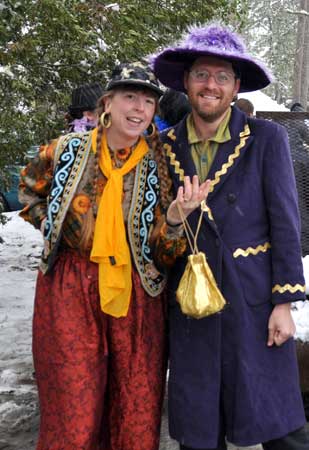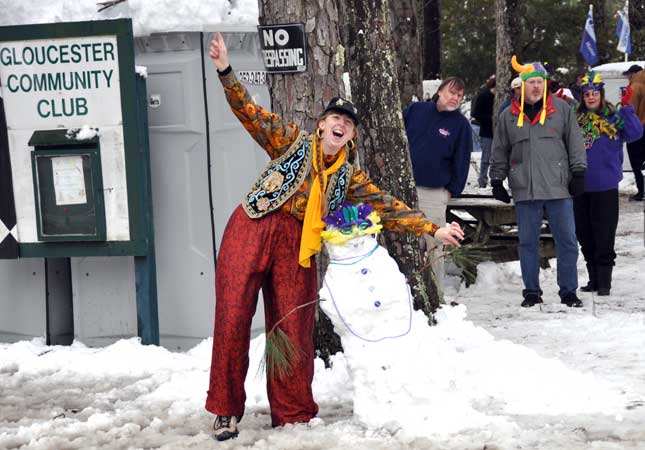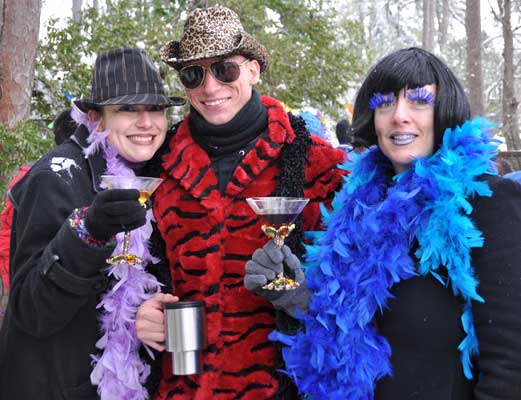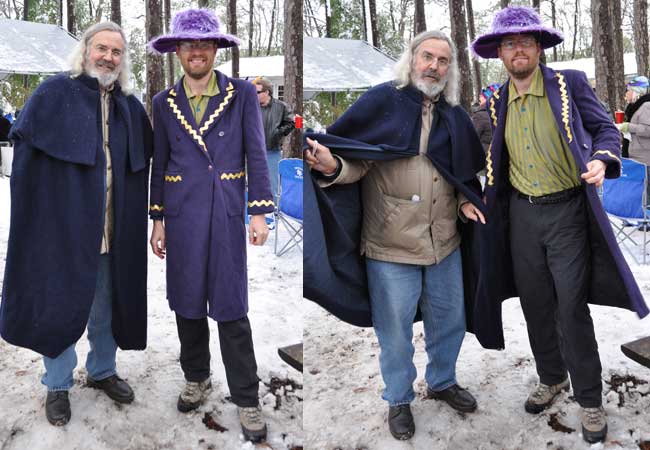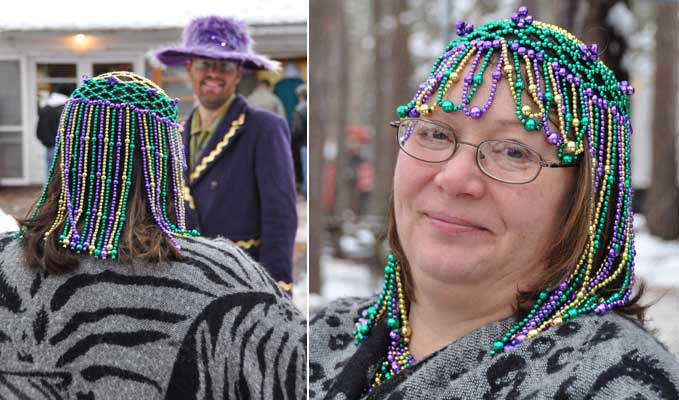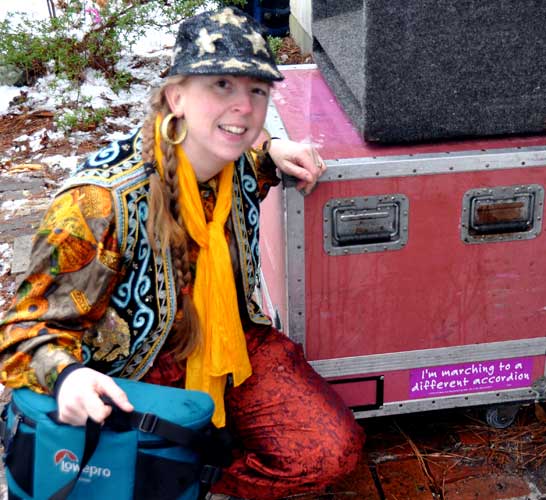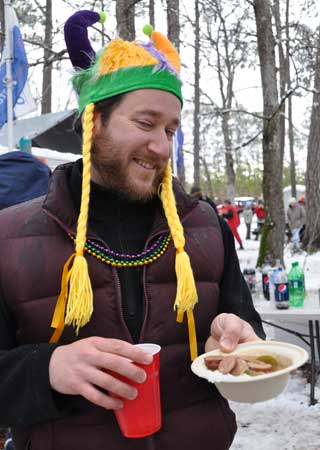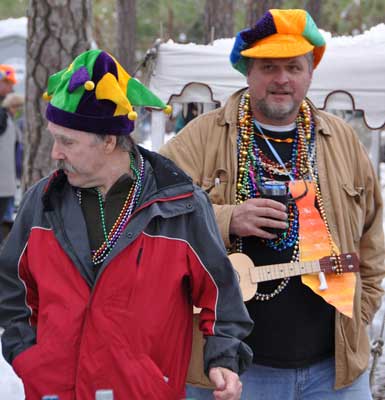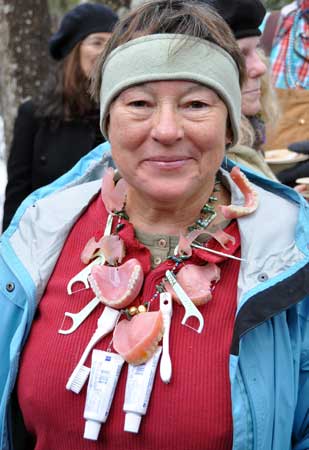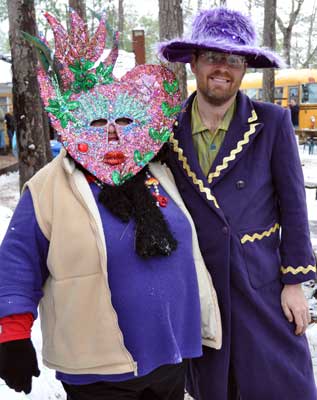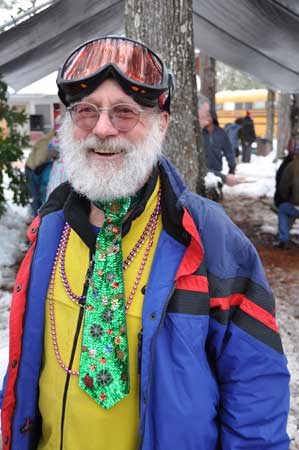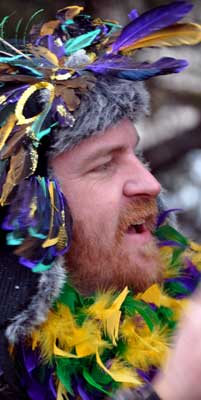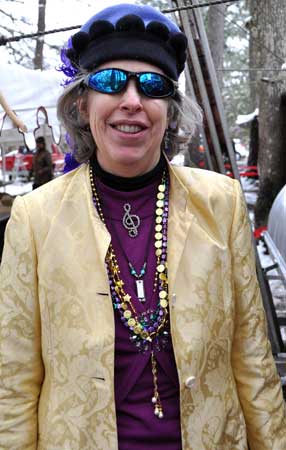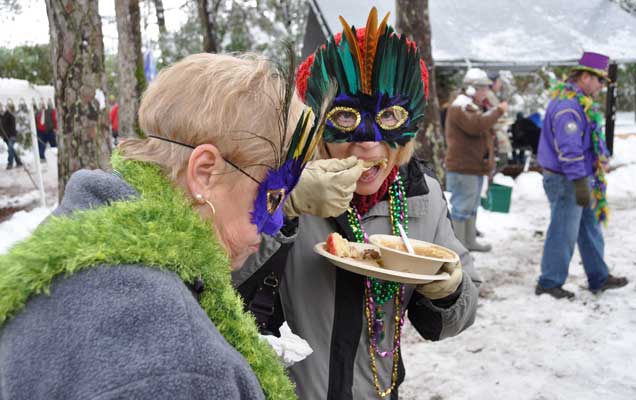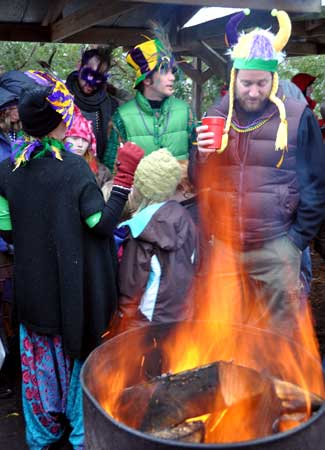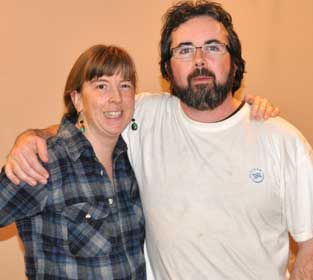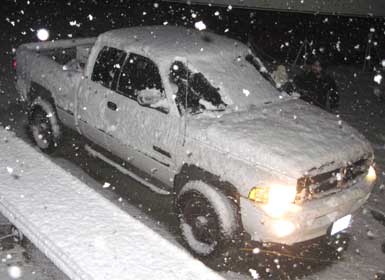I went to Seattle, unsure of how I could be useful to Jacqui during her cancer treatment. The requirement to have a “caregiver” was imposed by her medical team, partly because no one knows how an individual will respond to treatment. Given her strong response to previous procedures, Jacqui figured the caregiver requirement was mostly a formality.
That’s pretty much how it panned out, in part because the actual treatment was postponed several times. Except for one hospital procedure and an emergency early-morning coffee run, I was most useful as emotional, not physical, support.
As a result, our relationship was very balanced between “giving” and “receiving.” We were caregivers to each other, rather than a giver and a receiver.
That is, until my world turned inside out on Tuesday. As usual, Jacqui was up before me, making coffee. I slowly drifted awake, enjoying the aroma. But what was this? Something wasn’t right. I swallowed. Ouch! I had a sore throat.
I gave it a few minutes, some water, and a cup of coffee. The sore throat persisted. “Jacqui, I have something to tell you,” I said. I knew I had to speak the truth, and quickly, but I was mortified about the disruption I was about to unleash.
No one with a “bug” could be this close to an immune-suppressed patient. But the transplant hadn’t yet begun, so did I have to leave?
Jacqui left a message with the clinic, then headed out for a morning appointment. A little while later, she phoned me. The medical team said I had to leave immediately. Using her car for transport was out of the question. And no goodbye hug!
I started packing in a daze, feeling like a pariah. How could I foist my sick self on friends? Nobody would want to risk catching this cold. Maybe I should hole up in a hotel room, alone, as penance. My luggage had expanded to twice its size; instead of a carry-on plus laptop, I now had too much to carry on a bus. I kicked myself for the shopping I’d done at five thrift stores and three international groceries.
I took a deep breath, put aside my martyrdom, and called my friend Tina back. She’d offered me their guest room in a phone call a half hour earlier. But in a strange coincidence, Tina was also undergoing cancer treatment. I wasn’t sure it was wise for her to invite Typhoid Meps into the house.
Tina got the go-ahead from both her partner, Will, and her oncology team, and a little while later, Will appeared at the door. He kept me company while I attacked every surface I could find with a disinfecting bleach solution. Then he took me to their home, with a brief stop for a soothing smoothie. I still felt dazed and disoriented, and I attributed it to the fever that was setting in. But it was something else: I had suddenly gone from the role of “caregiver” to “caregivee.”
Many of us live our lives feeling that we don’t have enough, so we can’t give to others. We don’t have enough time or money or energy, so we have to hoard what we’ve got.
I tend toward the other extreme, feeling that I have lots to give — time, skill, love, creativity, energy. Sometimes, though, I run low on supplies. What I was running short of on Tuesday (and Wednesday, Thursday, and Friday) were energy and health.
Ensconced in Tina and Will’s beautiful guest room, decorated with Eastern art and photos of family, I suffered my physical ailments without complaint. I accepted their gifts of hospitality and caring, and laying flat on my back, I thought about how I could give back. I couldn’t wash dishes or cook or make myself “useful.” My voice had given out, so I wasn’t even very good company for talking.
In that time, I figured out a simple thing I could return to my friends to help maintain the balance between giving and receiving: Gratitude. It’s good stuff.
A few days later, my cold and I were sitting on a plane, heading back to Barry and North Carolina. I opened my pack, and there was the little paper bag Tina had given me as I left their home. Inside, I found a napkin, a baggie of apple slices, some ginger cookies, and a favorite exotic treat — jackfruit chips. Alongside, I’d packed one of the organic, dark-chocolate-covered pomegranate bars Jacqui had squirreled away when she discovered how much I liked them. I made my snacks last through all three flights, and each time I opened the bag, I beamed my gratitude, not just at my friends, but at the whole world.
Thanks, y’all.

